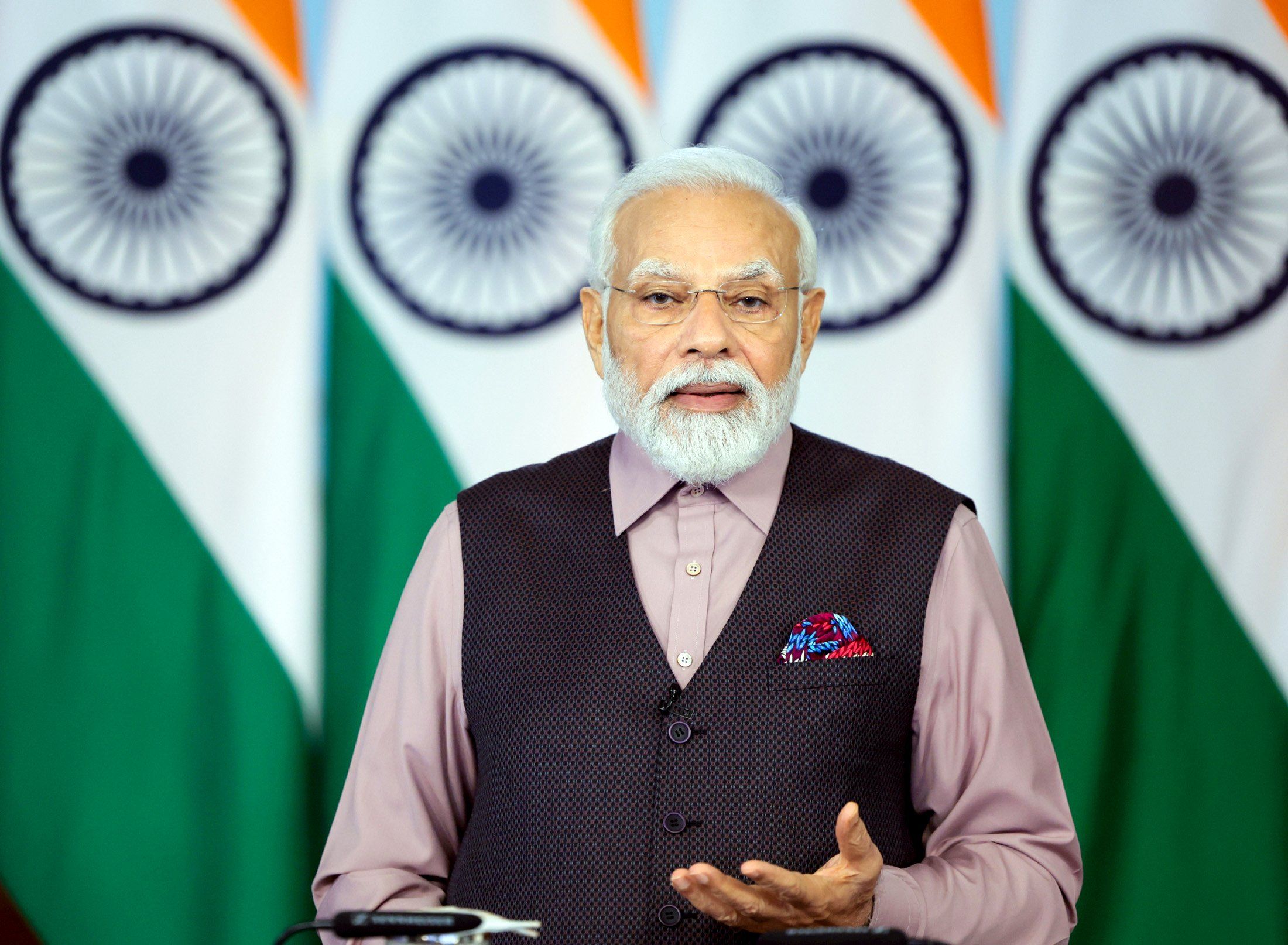India’s Prime Minister Narendra Modi has been reluctant to speak publicly about a surge of ethnic violence in the country’s remote Manipur province, but a no-confidence motion by lawmakers may force his hand this week.
Modi’s critics accuse him of failing to curb the broader political conflict between Christian and Hindu communities in Manipur. Historic levels of ethnic violence there have killed 130 people and driven 50,000 people from their homes.
Modi’s silence prompted the opposition Congress Party to call for a vote of non-confidence against his government – a vote the PM is expected to easily survive because his party and its allies hold a large enough parliamentary majority. But the process will involve several hours of debate this week in the lower house.
Bottom line: Modi is expected to address lawmakers on Thursday, and his opponents hope the PM will be compelled to address the ethnic violence from the parliament floor in a way that helps bring an end to the clashes.More For You
In this "ask ian," Ian Bremmer analyzes Trump’s recent meeting with Zelensky and how close (or far) Russia and Ukraine are from a peace deal.
Most Popular
Before turning to Top Risks 2026, Ian Bremmer looks back at how this year’s Top Risks 2025 actually performed.
In the latest twist to Yemen’s decade-long civil war, a group of government ministers declared support for the UAE-backed Southern Transitional Council (STC), a rebel group that broke the war’s deadlock earlier this month by seizing control of the oil-rich Handramout region.
